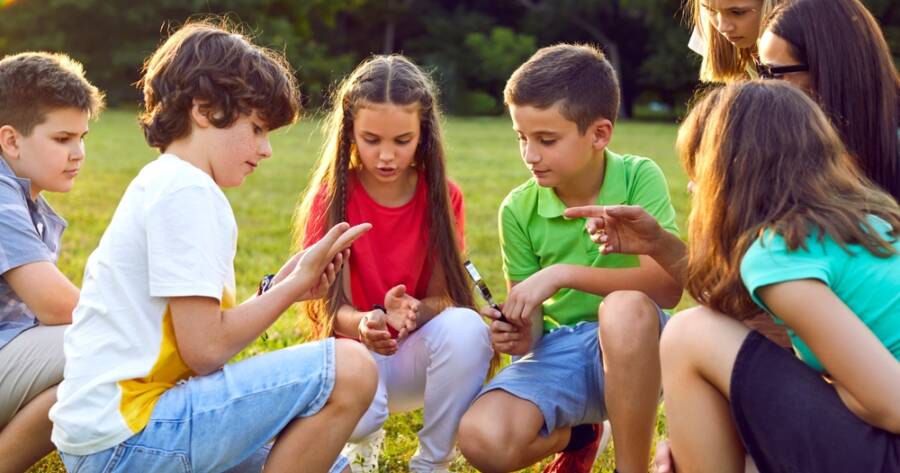Summer break offers children a welcome pause from school, but it also raises the concern of academic regression. To address this, a variety of creative strategies can help maintain and expand children’s learning. From engaging educational activities and enticing reading programs to educational travel and enriching summer camps, countless opportunities exist to blend fun with learning and keep kids academically stimulated.
Ways to Keep Kids Engaged in Learning During Summer Break
Summer break is eagerly anticipated by kids and provides them with a much-needed reprieve from academics. However, it also poses the challenge of the “summer slide,” where children may lose ground academically if they are not engaged in learning activities due to the absence of structured learning. To combat this, parents and educators can employ various strategies to keep children engaged in learning during the summer months, preserving and enhancing their skills for the upcoming school year.
Creative Educational Activities
One approach to prevent learning loss is by incorporating creative educational activities that are both fun and intellectually stimulating. Engaging children with workbooks, quizzes, flash cards, and practice problems helps reinforce the skills learned during the school year. Parents can partner with their child’s teachers to identify target areas that may need more attention, allowing for personalized learning pathways.
Reading as a Summer Staple
Reading remains a perennial favorite when it comes to summer learning. Local libraries frequently offer summer reading programs where children can earn prizes, thus motivating them to engage in long-form reading. Additionally, introducing graphic novels or comics can be a great way to capture the interest of kids who might not typically gravitate toward traditional books and create enthusiasm for reading. Reading not only maintains language skills but also opens doors to worlds of imagination and creativity.
Turn Travel into Learning
Family vacations and road trips don’t have to be devoid of learning. Parents can utilize travel time for educational conversations or games that boost critical thinking and observation skills. Whether visiting museums or zoos, each visit can be turned into a vivid learning journey that helps make new topics relatable and interesting while keeping kids engaged.
Balancing Structured and Unstructured Time
Maintaining a balance between structured activities and free play is essential. Establishing a summer routine with designated times for both educational activities and unstructured play can help children enjoy their summer while still benefiting academically. A structured routine can help children feel secure and prepared during the long break. Flexibility within this routine allows for spontaneous exploration and cherished family moments.
Enriching Summer Programs
Enrolling children in summer camps or local school programs can significantly enhance their learning. Camps that focus on themes like robotics, community service, or different arts introduce children to new interests and foster social skills. These programs provide a blend of education and social interaction that enriches a child’s skills and offers unique experiences that can’t be replicated in a traditional classroom setting based on varied learning interests.
Incorporate STEM Activities
Everyday activities, such as cooking, provide practical opportunities for integrating STEM (Science, Technology, Engineering, and Mathematics) skills. Children can help design grocery lists, practice measurements, and solve problems akin to puzzle-like math challenges. Such participation in daily tasks not only makes learning accessible but also demonstrates its real-world applications and boosts engagement.
Why You Should Learn More About Summer Learning Strategies Today
Understanding how to keep children engaged in learning during summer break is crucial for their academic success. As summer presents both opportunities for rest and potential learning setbacks, strategically implementing educational activities ensures that children return to school refreshed and prepared. By blending education with summer leisure, children not only reinforce their academic skills but also develop a lifelong love for learning, which benefits them in countless areas of life.
